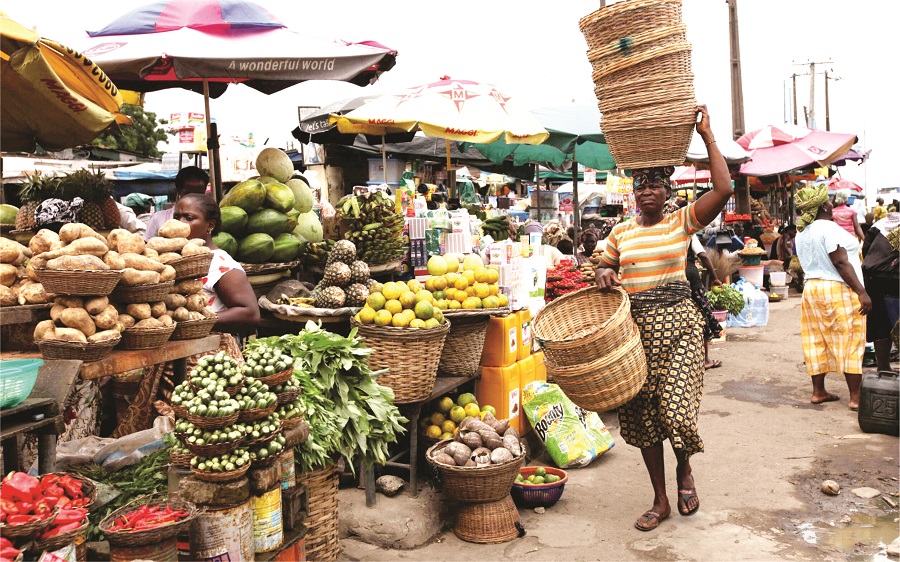Average food prices rose 15 per cent between January and September, 2022, but the regional distribution of the price changes was very varied, stakeholders at the recently concluded agricultural summit said.
In a communiqué at the 2022 Agricultural Summit Africa (ASA), they said: “Kwara State had seen a 33 per cent year-on-year increase in food prices, compared to 19 per cent witnessed in Sokoto. This showcases how consumers can experience vastly different changes in price even in similar regions, reflecting volatility.”
The conference attracted farmers, policymakers, financial institutions, governments, the investing community and thought leaders to discuss opportunities in the agriculture value chain.
Participants included the Chairman of Sterling Bank, Mr Asue Ighodalo; Executive Director, Technical Services/Operations Leadway Assurance Company Limited, Ms Adetola Adegbayi; Nestle MD, Nigeria, Wassim Elhusseini; Co-Founder and CEO of Tomato Jos, Mira Mehta; Interim Coordinator, Nigeria Commodity Exchange (NCX), Ihua Elenwor; and a host of other captains of industries.
- Despite being defrauded, I will return to Nigeria with my family – American
- Climate change: Poor insurance culture compounds farmers’ anguish amid poverty
The experts underlined critical areas of agriculture that require special attention in order to produce the desired development to power the trillion-dollar economy, including the political landscape and institutional framework, national plans, and delivery mechanisms for putting the plans into action.
Smallholder farmers confront a number of issues, including digitisation, a lack of sound agricultural practices, access to markets, price, and logistics, a lack of timely crop payments, and a lack of credit. Some of these issues were caused by a lack of proper finance in the agriculture sector, and in some circumstances have a more negative impact on the type of money that the farmer may access.
Policy makers and stakeholders have to think of the sector end-to-end in order to provide the right kind of solutions targeted at the sector. The end-to-end assessment of the sector should also be tailored to different crops in order for it to be implementable.
They identified lack of policy synchronisation is one of the issues facing the agriculture and agro-processing industry. Many sectors have their own unique policies, yet they frequently conflict with one another, confusing the sector’s stakeholders.
Smallholder farmers are essential to the agriculture industry, and he noted that in Nigeria, the purpose of agriculture is to enact policies that would increase productivity as well as the country’s economic standing.
The communique reads in part: “To grow Nigeria’s agriculture sector, there is a need for farmer awareness and social engineering, to help the smallholder farmers understand how to structure their finances better and improve their productivity at the farms. Also, there is a need for investment in other aspects of the value chains such as transportation and storage to improve the output of the sector.
“The right mix of funding (equity and long-term debt funding) is required for investment in the agriculture sector. However, to attract equity investors, the right risk sharing structure (that informs investors of how their investment is protected if risk occurs) is required.
“Data is oil and stakeholders in the Africa Continental Free Trade Area (AfCFTA) require data to function and drive innovation. Credible and available data boosts confidence for investors, regulators, trade partners and other stakeholders.”

 Join Daily Trust WhatsApp Community For Quick Access To News and Happenings Around You.
Join Daily Trust WhatsApp Community For Quick Access To News and Happenings Around You.


